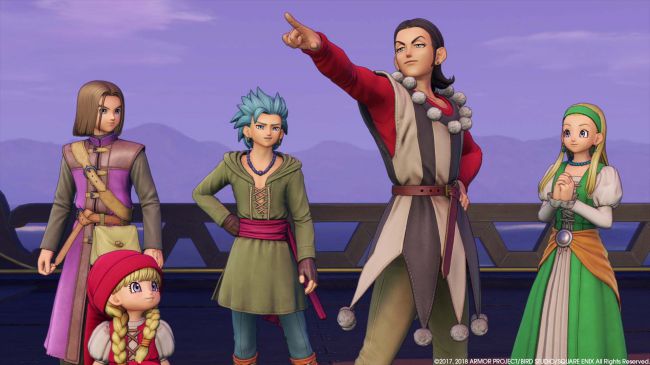
Dragon Quest 11 on PC of creator Yuji Horii had a significant contribution to the development of Japanese PC gaming industry. This game was released from his first impression on PC games such as Ultima and Wizardry, which provided a basis that other current and upcoming series were clung first before a complete version. With the success of his first computer game, Yuji Horii dreamed various games to be published to the community. Horri also mentioned in a recent interview that once Dragon Quest 11 became one of game series that could be played on the PC, he hoped to have chances for some old-fashioned games to be experienced on PC, too.
Many expressed their curiosity about the Dragon Quest making the process for PC as well as are wondering whether this role-playing game could become a more popular computer game than Nintendo's Famicom, the well-known series on the previous 80s PC in an interview of creator Fuji Horii, along with directors and producers of Dragon Quest 11.
Horii said in his interview: "There's no saying what could have happened if they had released on a different platform," and emphasized that Famicom, the most popular game for children, was always in his mind from the very first beginning steps to developing Dragon Quest.
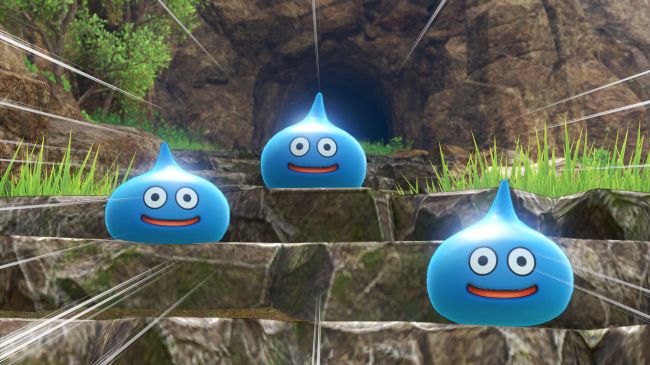
Looking back to the 1980s, personal computers were still quite uncommon because of its very expensive hardware. That’s why most kids couldn’t have many chances to approach PC games though they were quite interested in this new kind of games. Horii remembered when he was writing articles about computer games, like Lode Runner, for Shonen Jump, he often got some inspirational comments from readers that they wanted to try these games or these were so funny and exciting, which motivated Horii to publish Famicom. The year later, thanks to the higher accessibility to the PCs, Dragon Quest creator expanded his path to many successful series based on that platform.
Like other creators, before coming up to PC games, Horii had once desired to become a manga artist. At that time, he was fascinated by computers and playing PC games like Nobunaga’s Ambition which was just made at a very simple level. Wishing the games to be more challenging, Horii decided to start learning to the programme and also reprogrammed the old-version games to see the changes and the differences of the two games.
Dragon Quest was developed by Yuji Horii and published by Enix, the well-known gaming company in Japan at that time. At the time of Dragon Quest, the company was still major in producing games for Japanese computers, among which NEC PC-98 and Sharp X1 were typical examples attracting plenties of PC game players. Plus, from the beginning, Enix decided to set up ports only for the Famicom, but they changed and provided ports to another PC called MSX.
"At that time, they had quite a lineup for PC software, but when the Famicom came out they started porting some of those PC games to the Famicom, including Door Door and Portopia, which happens to be Horii-san's game," told Executive Producer Yuu Miyake. He also emphasized that Horii and his team hadn’t worked on these ports on their own. After receiving the methods for completely developing for the Famicom, and at the time of Dragon Quest 1 and 2 coming, the PC was still in favor, thus the main creator and Enix chose to release the game on MSX port. However, right a time later, no port could presumably exist as there was a slight downturn in the PC industry and the Famicom became a basic platform for other game series thereafter, at least in Japan.
Dragon Quest 11 was still made and developed based on the PC platform as in Famicom and Super Famicom, or thereafter, as in the PlayStation, the PlayStation 2 and the Nintendo DS for most of Japanese players only. However, time passes by, everything has to change, and Horii found that PS4 and PC were so popular in North America, the probably biggest game market. He set a question for himself and his team that why shouldn’t they bring Dragon Quest into this market for further development, and they did.
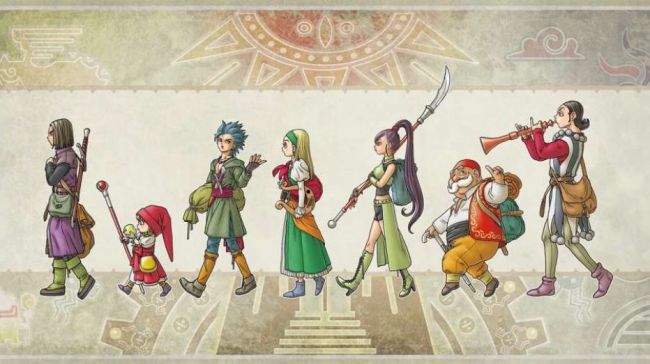
Dragon Quest 11 was the first role-playing game brought outside of Japan, so what’s about the art in this game? Is there any exciting fact? Let’s talk about it a bit. It’s like that all the art for the Dragon Quest series has been completed by Dragon Ball creator named Akira Toriyama. He was doing art for the series right from the beginning of its coming. Supporting him, there is a team working with a description for a character or a monster first, which then is submitted Toriyama for the first rough line drawing. From there, the delineation is back and forth edited and refined for fully completed characters. However, Toriyama seems not to repeat the same drawing for the different character. He tends to create a unique and particular drawing for each character in games.
"For Dragon Quest 11, it seemed like Toriyama-san was very particular about the accessories, this time” Director of Dragon Quest 11 further stated. "For example, the main character bag, or the way he straps his belt. Those kinds of fine details and ideas were brought up by Toriyama-san, and with the illustrations he creates, the development team would convert that into 3D models. Of course, the development team wants to bring his illustration to life as much as possible, so even if they were encountering some difficulties with how characters would move with a specific accessory or whatever, they tried their best to make that come true."
What makes me interested in Toriyama is that he always brings me great surprise about his works. Especially for the game’s final big boss, he changed his character design totally and clearly that he turned in a completely colored sketch, instead of making an illustration with the two main colors, black and white, as usual.
Horii and Toriyama share something in common that they express their great passions, their huge enthusiasm in various ways over the game series. Any two games series share nothing in common. Probably, Dragon Quest 11 was considered as the most successful series among 30 years striving in the PC game industry of Horii. Of course, he wanted PC game players could feel his attempt and feel great progression through each series. Even now he has experienced over 64 years of life, he’s still excited in pranks, and eager to explore himself, thus “finding yourself” is the idea, the theme Horii reflected in his Dragon Quest games since Dragon Quest 6 developed based on the Super Famicom.
Horii confessed that his childhood had a strong influence on Dragon Quest, and he didn’t experience his adventuring time as a little boy like others. "I actually grew up on a very small island, and there was a small hill on that island and a cliff," Horii said. "We had these small frisbee-like discs. Basically, you would throw them off the cliff, and I would enjoy running down the hill and gathering those. That kind of became the inspiration for the small medallions, the mini medals, in the Dragon Quest games." Unlike the way Shigeru Miyamoto did and developed his “Legend of Zelda”, collecting mini items in Dragon Quest reflects an original childhood story of its own creator.
Though Dragon Quest 11 has not stood on the top Steam charts as Monster Hunter: World, or has not been as greatly successful as PS4 in Japanese gaming industry, it still becomes one of the Steam’s best-sellers for more than two weeks since the first releasing days. With these positive signs, the rest of Dragon Quest series will be brought to PC at the very early upcoming time.
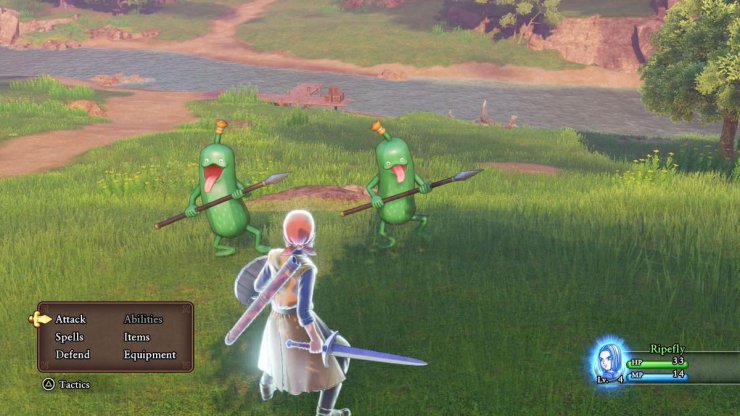
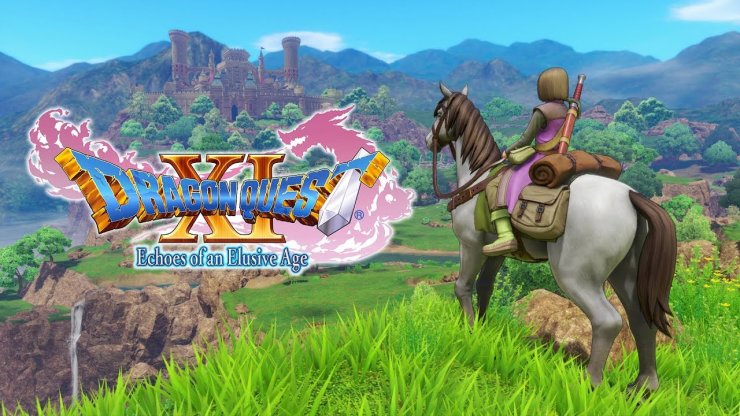

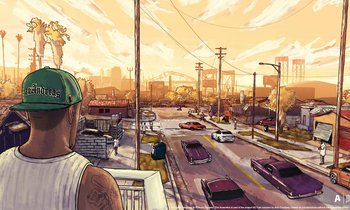








Comments